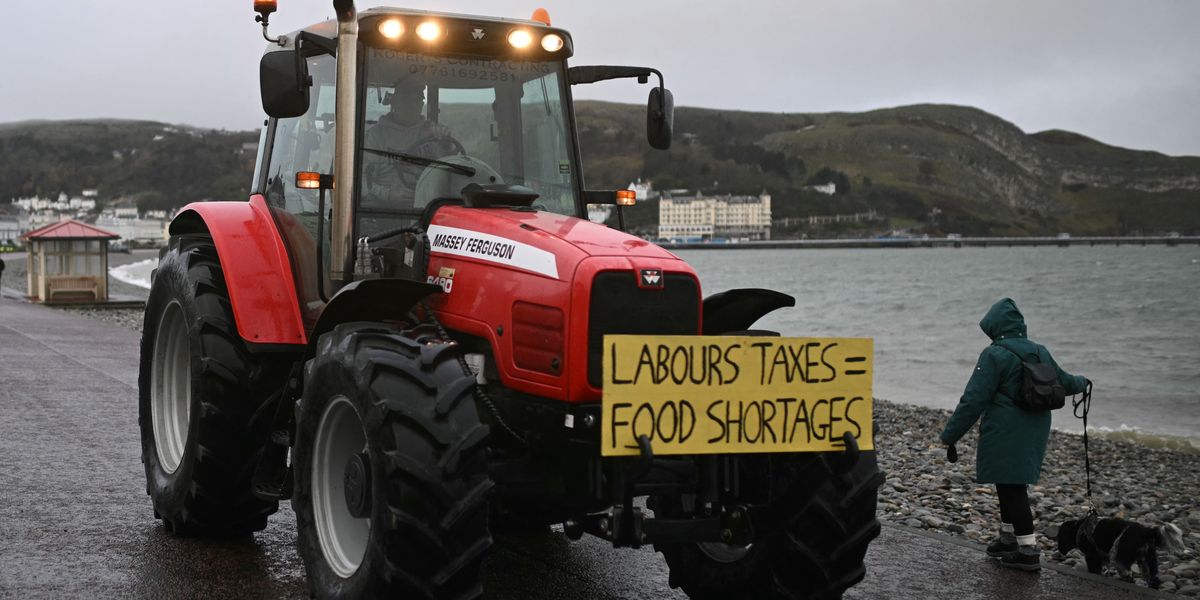Chancellor Rachel Reeves announced that farms valued at over a million pounds would face inheritance tax.
Since then, the government has repeatedly said that due to other allowances the threshold will in practice be closer to £3m for many, meaning the change would only target the wealthiest landowners, while protecting smaller farms.
But this has done little to allay fears within the farming community, while there is still confusion over how many might be affected.
The Treasury’s figures put it at around 500 estates a year, though farming unions point to data from the Department of Environment, Food and Rural Affairs (DEFRA) suggesting closer to two thirds of farms might be liable.
Sion Roberts, a chartered tax adviser based in north-west Wales said he believed anywhere between 50 and 100 of the farmers on his own firm’s books would be affected.
He said there was a “huge lack of understanding and sympathy” about the complexity of what had been announced.
While defending the plans, Wales’ rural affairs secretary and deputy first minister Huw Irranca-Davies told an NFU Cymru conference that “more work” was needed to fully understand the likely impact.
The First Minister Eluned Morgan told a radio phone-in that everyone needed to “calm down until we are clear about how many farms are affected”.
The row has come at a difficult time for the Labour-run Welsh government, which has been trying to re-set its relationship with the agricultural industry following February’s protests.
It is set to announce a revised version of its new farm subsidy scheme next week.
A UK government spokesperson said: “With public services crumbling, a £22bn fiscal hole inherited from the previous government and 40% of Agricultural Property Relief going to the 7% of wealthiest claimants, we made a difficult decision to ensure the relief is fiscally sustainable.
“Around 500 claims each year will be impacted and farm-owning couples can pass on up to £3m without paying any inheritance tax – this is a fair and balanced approach.”








